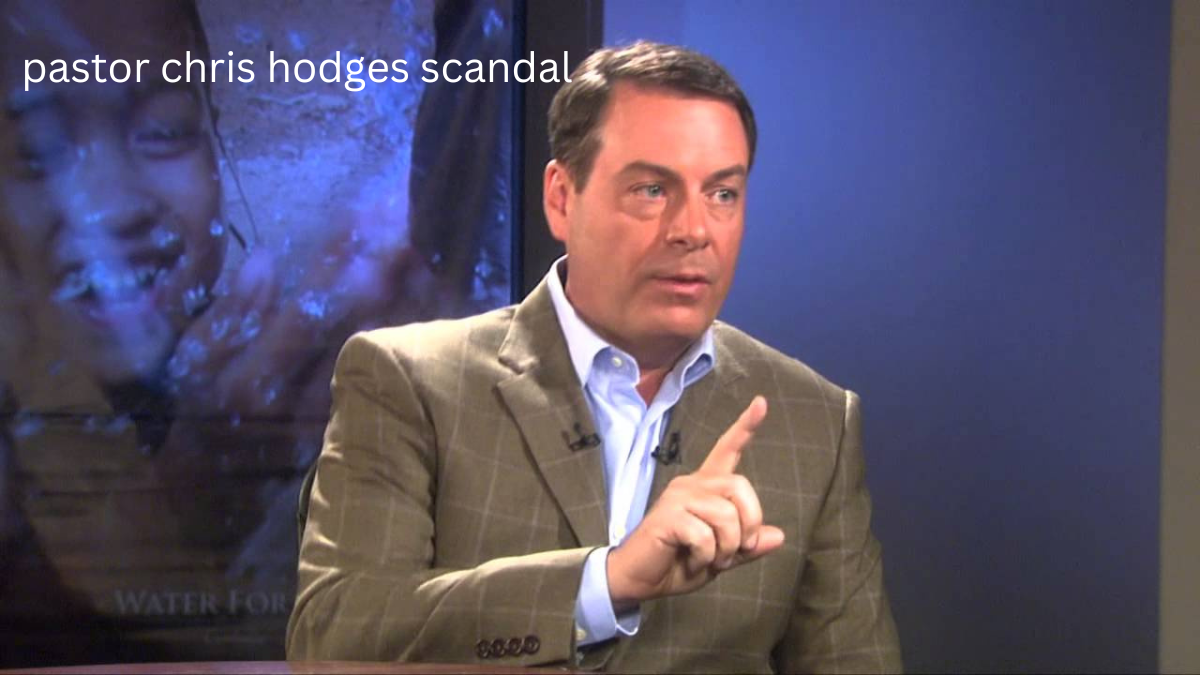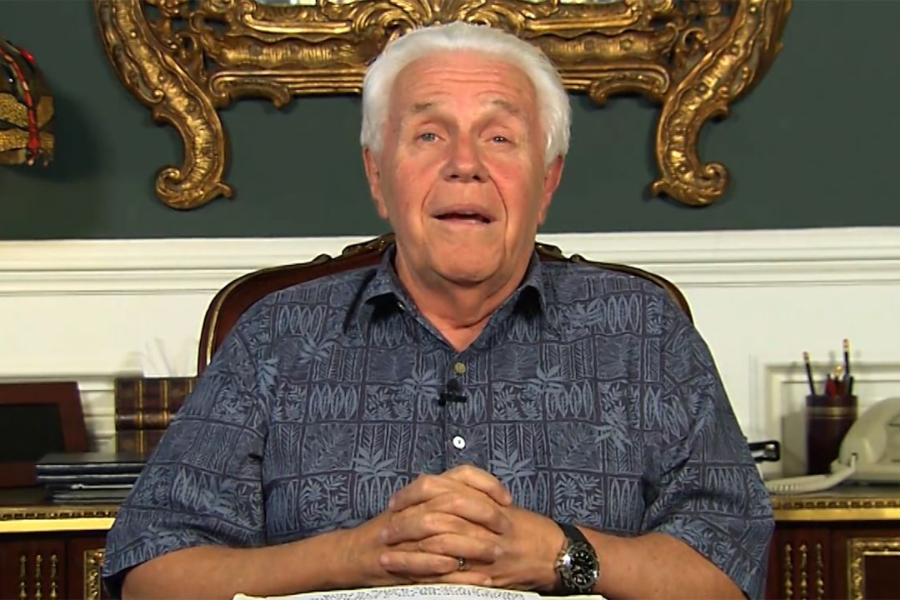Introduction to Pastor Chris Hodges and his ministry
Pastor Chris Hodges has long been a prominent figure in the Christian community, known for his charismatic leadership and innovative ministry techniques. As the founder of Church of the Highlands in Alabama, he has inspired thousands with his message of hope and faith. However, recent events have thrust him into a spotlight that many did not expect. The Pastor Chris Hodges scandal has emerged as a topic of intense discussion among congregants and critics alike.
As whispers grow louder about controversies surrounding him, it’s essential to sift through the noise and understand what exactly is happening. What accusations are being levied against this influential pastor? How do these issues impact his ministry and followers? Join us as we delve deeper into this unfolding story, uncovering the layers of controversy that have left many questioning their allegiance to one of today’s most recognizable church leaders.
The first controversy: accusations of plagiarism
Pastor Chris Hodges faced significant backlash when accusations of plagiarism surfaced. Many followers were shocked, as he was known for his charismatic preaching style and impactful messages.
The allegations claimed that some of his sermons echoed the work of other prominent pastors without proper attribution. This raised eyebrows among churchgoers who appreciated authenticity in spiritual leadership.
Critics quickly took to social media, sharing snippets from both Hodges’ sermons and those they believed he borrowed from. The conversation grew heated, with supporters defending him while others called for accountability.
As a result, discussions about originality and integrity within ministry became more prominent. Church leaders found themselves evaluating their own practices amidst growing scrutiny over transparency in message delivery.
The second controversy: allegations of financial misconduct
The allegations of financial misconduct surrounding Pastor Chris Hodges have raised eyebrows across the church community. Critics pointed to discrepancies in how funds were reported and used within his ministry, particularly concerning large donations.
Questions arose about lavish spending, leading some to wonder if these resources were being allocated appropriately. Furthermore, a few former members claimed that operational transparency was lacking when it came to financial disclosures.
Hodges’ leadership at Church of the Highlands has always been characterized by growth and expansion. However, these accusations challenge the integrity of that vision.
Many congregants felt uneasy as rumors circulated online and in local media outlets. This brought forth discussions on accountability among church leaders—something many believe is essential for maintaining trust within any faith-based organization.

Response from Pastor Chris Hodges and his team
Pastor Chris Hodges and his team swiftly addressed the controversies surrounding him. They issued a public statement aimed at clarifying the situation. This response emphasized transparency and accountability.
Hodges expressed deep regret for any misunderstandings caused by the allegations of plagiarism. He highlighted his commitment to originality in his teachings and acknowledged the importance of proper citations in ministry work.
Regarding financial misconduct, he assured congregants that all church finances were managed with integrity. His team provided detailed reports to dispel any doubts about their financial practices.
They also emphasized ongoing efforts to foster trust within the community. Regular updates were promised to keep everyone informed on how they would address these concerns moving forward. The aim was clear: rebuild relationships and restore faith among members while ensuring no stone was left unturned during this process.
Impact on the church community
The controversies surrounding Pastor Chris Hodges have sent ripples through the church community. Many congregants are grappling with feelings of betrayal and disappointment. Trust in leadership is crucial, and when that trust is shaken, it can lead to divisions.
Some members have voiced their concerns openly, questioning the integrity of their pastor and the ministry as a whole. This has sparked intense discussions within small groups and larger gatherings alike.
On the flip side, there are those who stand firmly behind Hodges, citing his years of service and positive impact on countless lives. They believe in forgiveness and healing.
As these debates unfold, churches face an opportunity for growth—both spiritually and communally. Navigating this scandal could redefine relationships among congregation members while fostering deeper connections committed to transparency and accountability moving forward.
Lessons learned from this scandal
The Pastor Chris Hodges scandal serves as a crucial reminder about accountability. Leaders, especially in faith communities, must uphold transparency and integrity.
Trust is the foundation of any ministry. When that trust is shaken, it can lead to widespread disillusionment among followers. People seek authenticity; they want leaders who practice what they preach.
This situation highlights the importance of thorough vetting processes within organizations. Preventative measures are vital to ensure ethical standards are maintained.
Open communication becomes essential during crises. How leaders respond can either mend or further fracture relationships with their communities.
This controversy emphasizes the need for ongoing education on ethics and leadership within churches. By instilling these principles early on, future scandals may be avoided altogether.
Conclusion and moving forward
As the dust settles from the Pastor Chris Hodges scandal, it’s essential to reflect on its broader implications. The controversies surrounding plagiarism and financial misconduct have not only raised eyebrows but also sparked conversations within the church community about integrity, accountability, and transparency.
Churches are often viewed as sanctuaries of trust. When leaders falter, it can shake that trust to its core. Pastor Hodges’ situation serves as a reminder for congregations everywhere to remain vigilant in their leadership choices.
Moving forward involves learning from these events. It emphasizes the importance of ethical practices not just in ministry but across all sectors. This saga might serve as an opportunity for increased dialogue about what constitutes moral leadership.
The future can be bright if lessons are learned and applied effectively. Communities need strong leaders who embody honesty and accountability while navigating challenges together with grace and understanding.









